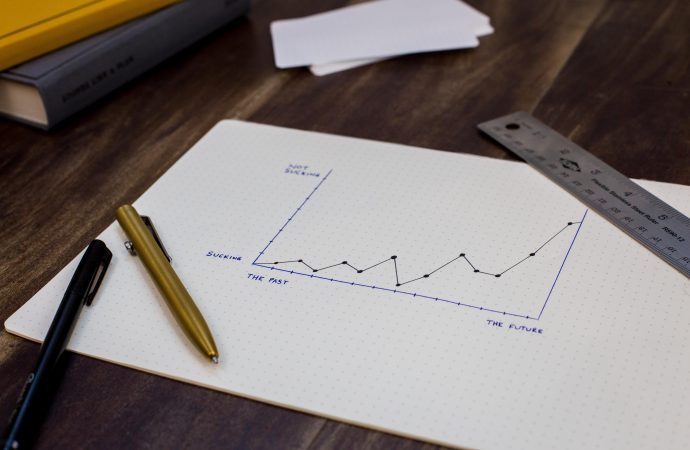I. Introduction: Briefly introduce the topic and provide context for the article. Explain the importance of policy analysis and commentary and why it is important to hear from academic experts. II. Overview of the Experts: Provide a brief overview of the academic experts who will be featured in the article. Include their names, titles, and
I. Introduction: Briefly introduce the topic and provide context for the article. Explain the importance of policy analysis and commentary and why it is important to hear from academic experts.
II. Overview of the Experts: Provide a brief overview of the academic experts who will be featured in the article. Include their names, titles, and areas of expertise.
III. Expert Commentary: Present the policy analysis and commentary from the experts. Include quotes, paraphrases, or summaries of their perspectives. You can structure this section by theme or topic, such as healthcare, immigration, education, or economics.
IV. Discussion and Analysis: Analyze the experts’ perspectives and compare and contrast their viewpoints. Discuss any areas of agreement or disagreement and explain the implications of their analyses.
V. Conclusion: Summarize the key takeaways from the expert commentary and analysis. Emphasize the importance of hearing from academic experts in policy debates and decision-making.
In terms of research techniques, I suggest the following:
- Check the experts’ credentials: Verify the experts’ academic credentials, such as their degrees, publications, and affiliations. This will help establish their credibility and expertise.
- Review the experts’ previous work: Read any articles, books, or reports authored by the experts to gain a deeper understanding of their perspectives and areas of expertise.
- Consult multiple sources: Seek out multiple sources of information to corroborate the experts’ perspectives and avoid bias. This can include peer-reviewed journals, government reports, and news articles.
- Contact the experts directly: Reach out to the experts to request their participation in the article or to clarify any points of confusion. This will help ensure accuracy and fairness in the reporting.
- Fact-check: Verify any statistics, facts, or figures cited by the experts to ensure they are accurate and reliable.
As a journalist, it’s important to adhere to journalistic ethics, including accuracy, fairness, and impartiality. This means presenting information objectively, avoiding bias, and seeking out multiple perspectives. It’s also important to fact-check and verify information before publishing.
I hope this outline and research techniques help you write a compelling article on “Academic Experts Weigh In: Policy Analysis and Commentary.” Good luck with your article!

















Leave a Comment
Your email address will not be published. Required fields are marked with *